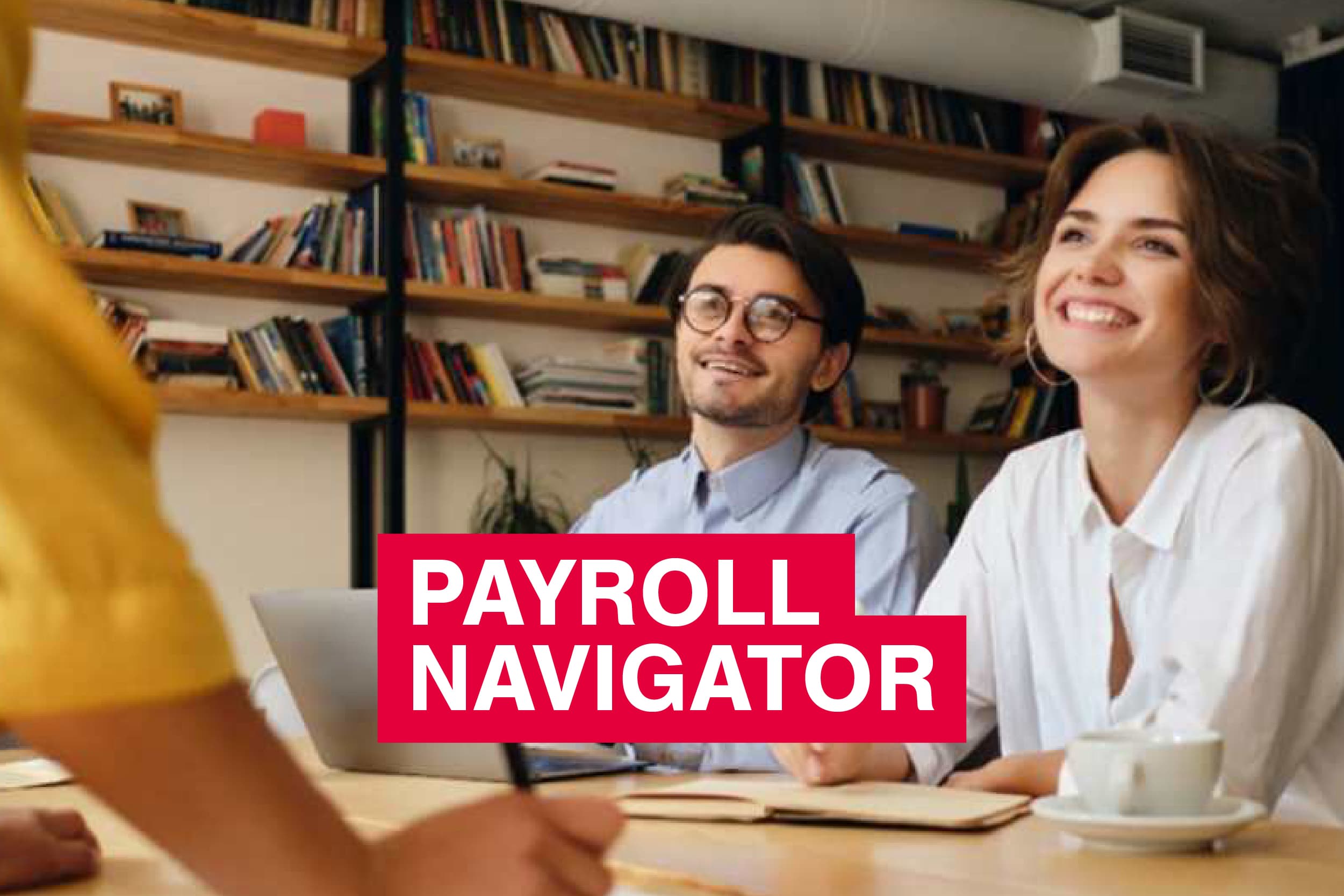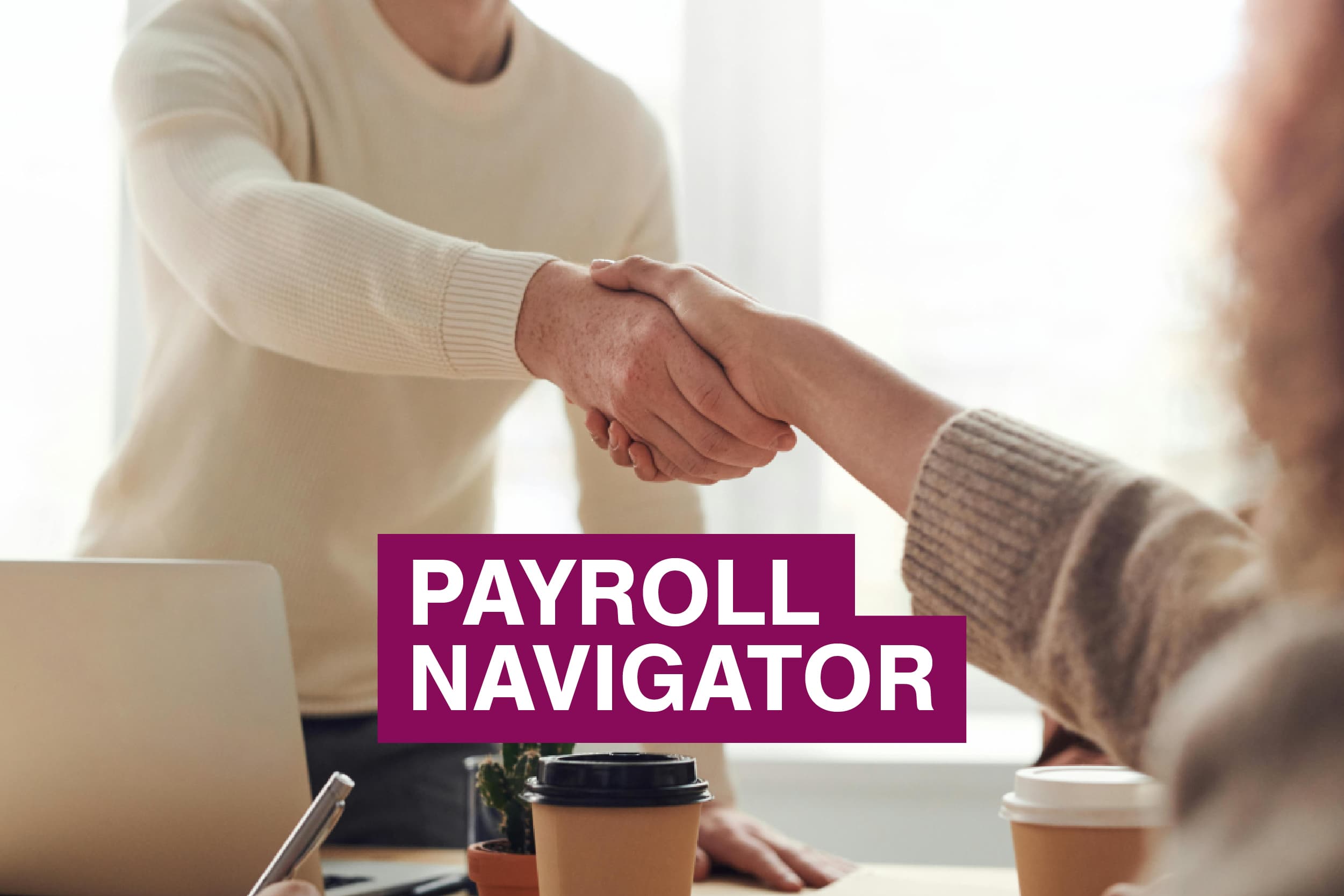
How can AI help with payroll, now and in the future?
Only 21% of European companies currently use AI in their payroll processing.
In the ever-evolving realm of HR, the allure of AI is undeniable. However, its integration into payroll systems remains a relatively untapped resource, with just over a fifth of European companies integrating AI technologies into their payroll systems.
Yet, where AI has found its footing, the impact can be profound – facilitating automated payroll calculations and cutting out mundane tasks, detecting errors with finesse, and ensuring compliance with ease.
AI vs. Automation
In discussions about HR technology, 'automation' and 'AI' are terms often used interchangeably, though they each play a different role.
Automation tackles repetitive tasks, while AI offers a deeper level of sophistication, learning from data and evolving continuously. In the realm of payroll, AI goes beyond simple execution; it involves learning, adaptation, and optimisation to navigate the complexities of evolving regulations and corporate policies.
The World Economic Forum's latest Future of Jobs report forecasts that by 2027, 65% of all information and data processing tasks will be automated, which reveals just how important the adoption of AI and automation technology is becoming, and how fast.
This heralds a new era of smart systems seamlessly handling intricate payroll processes, reducing human intervention, and elevating process integrity.
Unlocking AI’s payroll potential
Presently, AI in payroll isn't just a concept; it's a reality reshaping financial management. From automatically updating tax codes to swiftly integrating legislative changes, AI systems spearhead efficiency. They operate as meticulous overseers, detecting anomalies in real-time, ensuring error-free processing, and maximising financial efficiency through predictive analytics.
However, to unlock AI's full potential, a strategic approach to data integration and structuring is imperative. It's not merely about having data; it's about having the right data—accurate, recent, and uniquely tailored.
Without this foundation, even the most sophisticated AI models can falter. It's a journey of data transformation, requiring meticulous curation, cleaning, and integration to power genAI applications.

What the data reveals
Despite these challenges, integrating AI into payroll systems presents significant opportunities for enhancing accuracy, improving compliance, and future-proofing payroll operations against an increasingly complex regulatory landscape.
According to our new research, a third of European employers are actively investing in AI technologies within the workplace. Looking forward, AI could revolutionise payroll through advanced features like sophisticated fraud detection systems, improved employee self-service portals, and AI-powered payroll advisory services, which could advise on optimal payroll strategies based on predictive modeling.
Payroll as an innovation opportunity
Successfully integrating AI into payroll systems demands strategic planning aligned with broader organisational goals. HR leaders must recognise how AI can enhance not just payroll but overall business efficiency.
Overcoming challenges such as data privacy, HR upskilling, and maintaining compatibility with existing technological infrastructure is critical.
As AI's role in payroll expands, it brings significant efficiencies, transforming traditional payroll practices. HR leaders should see payroll as a strategic innovation opportunity: by leveraging AI, companies can enhance accuracy, improve compliance, and future-proof their payroll operations against an increasingly complex regulatory landscape.

Tilman Rotberg
Managing Director


